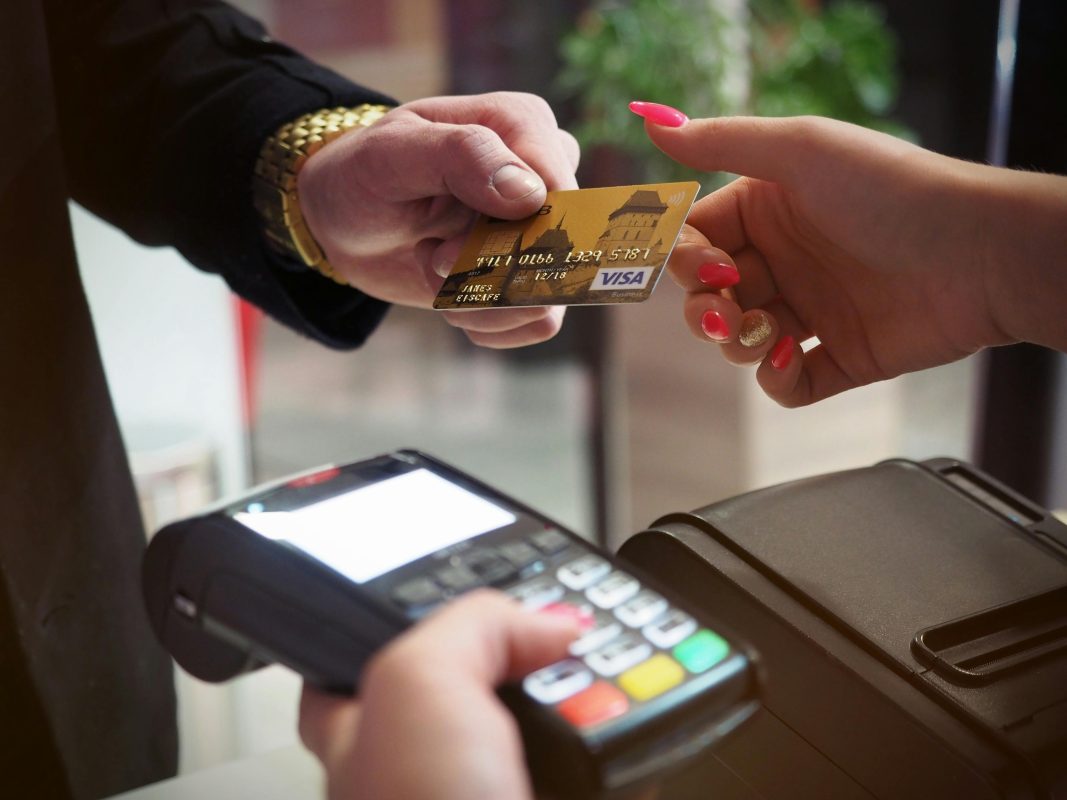New regulations on cashless payment activities
The rapid growth of e-commerce and the proliferation of payment tools have necessitated timely legal frameworks to address the emerging issues faced by businesses. Consequently, Decree 52/2024/ND-CP (“Decree 52”), enacted on May 15th, 2024, has replaced Decree 101/2012/ND-CP. Decree 52 provides more detailed regulations on “cashless payments” in line with recent regulations on cybersecurity, the Credit Institutions Law, the Investment Law, and others. For enterprises, understanding what they can do or not do regarding cashless payments will help them identify business opportunities and mitigate potential risks.
This article will present in deeper detail the new provisions of cashless payment activities that officially take effect from July 1st, 2024.”

1. The new decree has provided a clearer definition of terms used in cashless payment activities
For cashless payment instruments, Decree 52 specifically identifies the payment instruments that qualify as “cashless payment methods”. These instruments are issued by payment service providers, credit card issuing financial companies, and payment intermediaries offering e-wallet services, and are used by customers to execute payment transactions such as checks, payment orders, direct debits, payment collections, bank cards (including debit cards, credit cards, prepaid cards), e-wallets, and other payment instruments as regulated by the State Bank.
For Cryptocurrency, Decree 52 has defined cryptocurrency as a value equivalent to Vietnamese dong stored on electronic devices provided based on a prepayment made by the customer to a bank, a foreign bank branch, or a payment intermediary providing e-wallet services.
Definition of collection and payment services, whereby such services are understood as the receipt and processing of electronic data, calculating collection and payment results, canceling collections and payments for customers with payment accounts and bank cards and making payments to relevant parties.
Several issues related to payment activities have been detailed in Decree 52, providing a solid foundation for businesses to apply. Specifically, the Decree has clarified definitions for electronic payment gateways, payment systems, international payment systems, and critical payment systems.
2. Cryptocurrency, E-Wallet
As mentioned above, Decree 52 has new regulations on cryptocurrencies and storage tools – E-wallets. Accordingly, e-wallets and prepaid cards are understood as means used to store electronic money. E-wallets and prepaid cards will be issued, managed and monitored by banks and foreign bank branches.
On the part of the organization providing intermediary payment services providing e-wallet services must ensure that the total balance maintained on all accounts for e-wallet services opened at banks and branches of foreign banks is not less than the total balance of all e-wallets issued to clients. Only e-wallets linked to payment accounts and debit cards of clients are allowed to use these services.
3. Detailed regulations on the provision of money transfer, collection and payment services of enterprises providing public postal services
Accordingly, Decree 52 sets out regulations on money transfer, collection, and payment activities of enterprises providing public postal services after being approved in writing by the State Bank and meeting the conditions below:
In terms of technology conditions, enterprises must possess an information system to serve the provision of payment services without going through customer payment accounts that meet the requirements for ensuring information system security at level 3 of information security according to regulations;
In terms of personnel conditions, the legal representative, General Director or Director, the person in charge of providing payment services without going through the customer’s payment account must have a university degree or higher in one of the fields such as economics, business administration, law, information technology;
The person responsible for providing payment services includes the department head or department head and technical personnel who must have a high diploma or higher in one of the fields listed above.
In terms of operating conditions, enterprises must develop procedures for each type of service, develop measures to ensure solvency, inspection procedures, internal control, and risk management mechanisms; regulations on anti-money laundering activities…; Investigation processes, complaint handling, disputes, these processes must be built based on the regulations on payment activities prescribed by the State Bank.
In addition, enterprises providing this service will need to develop a plan to collect and transport cash to ensure payment by the end of the day to a payment account opened at a bank, ensuring security and safety for circulation, delivery, as well as plans for fire prevention and fighting.
In general, it can be seen that the conditions that public postal enterprises must meet are similar to the conditions that credit institutions must meet related to cashless payment activities. This is to ensure the rights of parties using collection and payment services and as a way for the State Bank to supervise payment-related activities that are beyond the scope of credit institutions.
4. Operating conditions of businesses providing intermediary payment services
Decree 52 supplements and clarifies regulations on charter capital of enterprises providing payment intermediary services, accordingly, the charter capital level will correspond to each specific service such as 50 billion VND for payment services, e-wallet services, collection and payment support services and electronic payment gateway services; 300 billion VND for financial switching services, international financial switching services, and electronic clearing services.
Decree 52 also provides more detail on the personnel conditions of enterprises providing intermediary payment services, specifically: The legal representative and General Director (Director) of the organization must have a university degree or higher in one of the fields of economics, business administration, law, information technology and have at least 05 years of experience as a manager or administrator of an organization in the field of finance, banking and not in subjects prohibited by law. They must ensure that there is always at least one legal representative residing in Vietnam (When there is only one remaining legal representative residing in Vietnam, this person must authorize in writing another individual residing in Vietnam to exercise the rights and obligations of the legal representative when leaving the country. In this case, the legal representative is still responsible for implementing the authorized rights and obligations).
Deputy General Director (Deputy Director) and key officials implementing the Project to provide payment intermediary services (including the Head of Department or equivalent and technical staff) have college degrees or higher in one of the fields of economics, business administration, law, information technology or another specialized field.
In addition, Decree 52 also stipulates in more detail the list of documents and licensing procedures related to payment intermediary activities. Clear regulations will create conditions for enterprises to implement. However, the important issue today that many enterprises operating in e-commerce or labor leasing are concerned about is that electronic money and collection and payment activities are only recognized in a general way. Specific detailed regulations on these issues have not been recorded. This also causes difficulties for enterprises themselves in “financial” related activities with clients, and in the future, it is hoped that there will be guiding circulars from competent authorities to help enterprises understand exactly what activities they are allowed to perform related to cashless payment instruments.
Time of writing: 29/05/2024
The article contains general information which is of reference value, in case you want to receive legal opinions on issues you need clarification on, please get in touch with our Lawyer at info@cdlaf.vn

Why choose CDLAF’s service?
- We provide effective and comprehensive legal solutions that help you save money and maintain compliance in your business;
- We continue to monitor your legal matters even after the service is completed and update you when there are any changes in the Vietnamese legal system;
- Our system of forms and processes related to labor and personnel is continuously built and updated and will be provided as soon as the customer requests it;
- As a Vietnamese law firm, we have a thorough understanding of Vietnam’s legal regulations, and grasp the psychology of employees, employers, and working methods at competent authorities;
- CDLAF’s team of lawyers has many years of experience in the field of labor and enterprises, as well as human resources and financial advisory.
- Strict information security procedures throughout the service performance and even after the service is completed.
You can refer for more information:
- Conditions and procedures for granting business licenses for Cyber information security products and services
- Understanding about the legality of e-commerce trading floor in Vietnam










